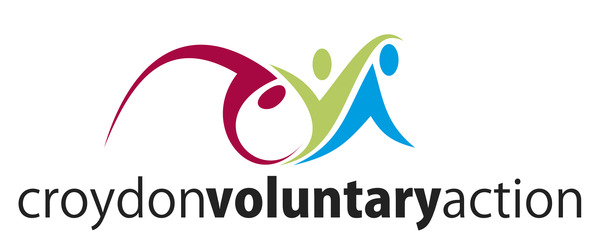The next general election will take place on 12 December 12 and l election and over the next six weeks there will be a surge in campaigning by local politicians. Small charities should be aware of the guiding principles that help to maintain the independence of the charitable sector, remaining non-party political at all times.
This does not mean that you cannot engage in political debate or activity, but you must ensure that you are not seen to be supporting any one candidate or party in particular. For example, you can invite local candidates to speak at events, but invite a number of different candidates in order to remain neutral.
Perhaps the single greatest risk for small local charities during an election campaign is being used by local candidates for a photo opportunity or media headline. The Charity Commission advises that: “Charities should be especially wary of associating or becoming associated in the minds of the public, with a particular candidate or political party.” It goes on to say: “Candidates may see a benefit to themselves in being seen to support the charity, but the charity should be careful to ensure that it is not seen as reciprocating that support.” Therefore we encourage all charities to think carefully if they are approached by a candidate for a media opportunity.
Download guidance from the Charity Commision and Electoral Commission.
The Lobbying Act
The Lobbying Act only applies to charities spending more than £20,000 on campaigning activity (so doesn’t apply to the vast majority of charities!). There is a useful blog from NCVO about the recent guidance from the Electoral Commission which can help you to understand the Lobbying Act and your responsibilities within it.
source navca 01.11.19
